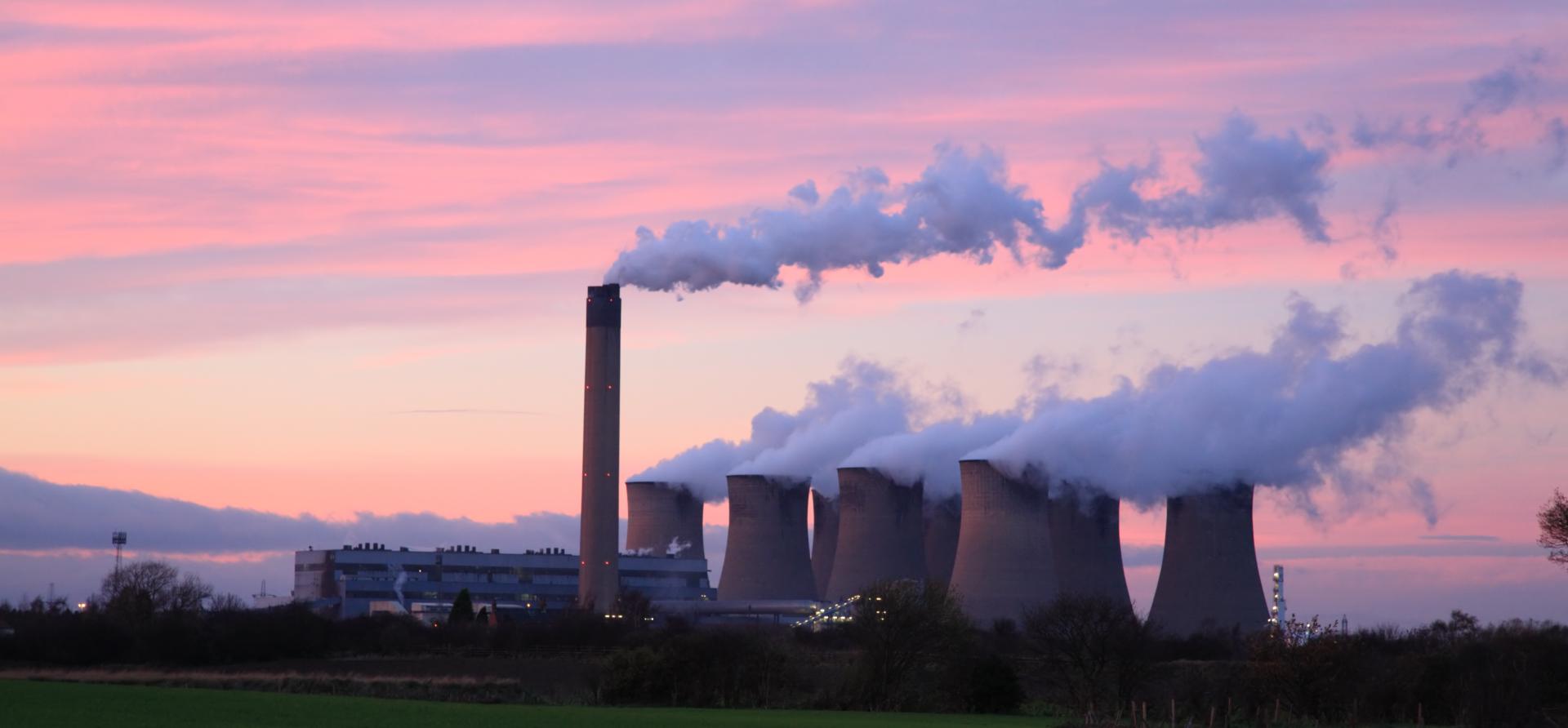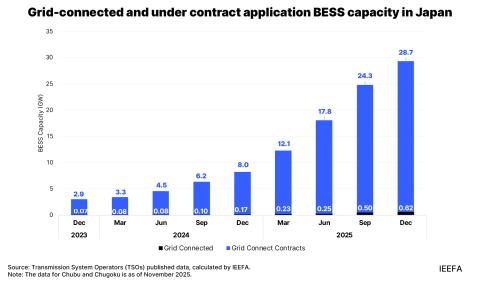UK carbon capture policy: Out of step with net-zero goals
Download Full Report

Key Findings
UK government incentives for carbon capture are disproportionately supporting the development of blue hydrogen projects, increasing long-term reliance on fossil gas within the UK energy mix.
Support for abating emissions from the UK’s existing gas and bioenergy power stations is severely lacking, potentially putting at risk the UK’s target to decarbonise the power sector by 2035.
Government-sponsored projects are pointed towards oil and gas owners, accounting for 78% of the proposed emissions capture and presumably the majority of the £20 billion in public support available.
Executive Summary
Carbon capture and storage (CCS) is increasingly being championed by various stakeholders as a climate solution to support the decarbonisation of fossil fuels, be they governments with emissions reduction targets, project owners seeking to reduce emissions or fossil fuel producers supporting the prolonged use of oil and gas and their existing infrastructure.
While big claims are being made regarding CCS’s potential to help with decarbonisation, the underlying evidence from smaller scale demonstration projects is far less convincing. There exist significant technical, economic and environmental risks across almost all CCS applications.
Despite this, the UK government has pledged £20 billion in public money over the next 20 years to support the country’s CCS ambition. A high-risk pillar of the UK’s decarbonisation strategy, it is based on the forecast that around 22 million tonnes of carbon dioxide (MtCO2) will be required to be captured per annum by 2030, rising to 104 MtCO2 by 2050, in support of the nation’s net-zero commitments.
The UK government has initially chosen eight CCS projects across the HyNet and the East Coast Cluster to prioritise over others as part of the ‘Track 1’ support. Presently, they are in bilateral dialogue to examine and consider the specific financial support the government will offer to each project to help kick-start a UK CCS market.
On closer examination however, the Track 1 projects are falling short of the UK’s CCS requirements as set out by the Climate Change Committee (CCC) in its Sixth Carbon Budget. An overwhelming majority of the carbon to be captured is generated by expensive, fossil gas-based blue hydrogen projects, which, in the short term, will account for 4.5 times more captured CO2 than the CCC’s 2030 requirements.
This is coupled with a severe lack of support for decarbonising electricity supply or retrofitting gas-fired power generation with CCS. Currently, Track 1 projects will meet only 16% of the 12.4 MtCO2 per annum required to support the decarbonisation of electricity supply by 2030, putting at risk the target that all gas power generation will be abated by 2035 or that existing gas power stations will have CCS retrofitted.
Government support of new-build gas power generation with CCS, namely the Net Zero Teesside project, is also worrisome. The CCC recognises that the UK will continue to rely on gas power generation as the country progresses to net zero over the coming decades while lower carbon electricity capacity increases. It is unlikely that CCS subsidies were intended to support additional gas-fired power stations, when simultaneously the UK is working to expand its renewable and nuclear power generation capacity in a bid to reduce its reliance on gas.
It has often been argued that CCS is being used by the oil and gas industry to justify and support the continued use of fossil fuels within the global energy mix, and UK activity seems to support this. Of the Track 1 projects proposed for support, some 81% of captured emissions are proposed to come from processes that require long-term fossil gas use. Using our estimates of the volumes of carbon to be captured during the initial and ramp-up phases of the Track 1-supported projects, 78% of carbon capture will come from projects owned by oil and gas companies.
While we cannot comment on the UK government’s decision-making process to initially support such a high proportion of fossil-based CCS, we can make some observations. Firstly, when examining the information available and the progress of proposed CCS projects, it appears that the oil and gas sponsors are better organised and further progressed with their plans. By definition they are highly motivated—continued and long-term commitment to fossil gas use is core to their business model—but they are also well funded, in addition to being experienced and sophisticated lobbyists.














